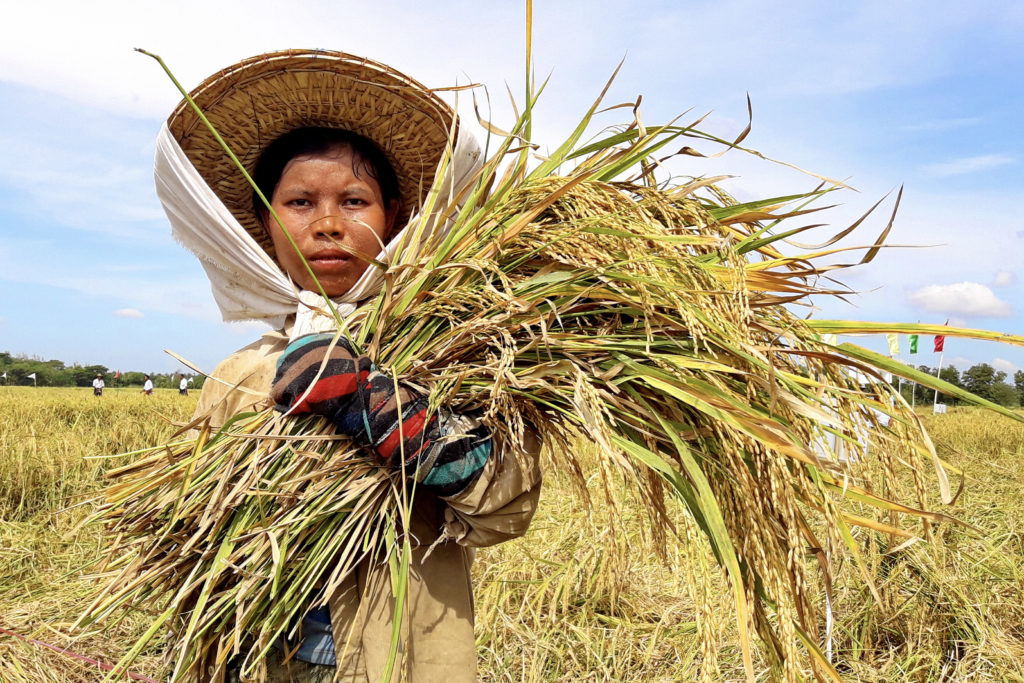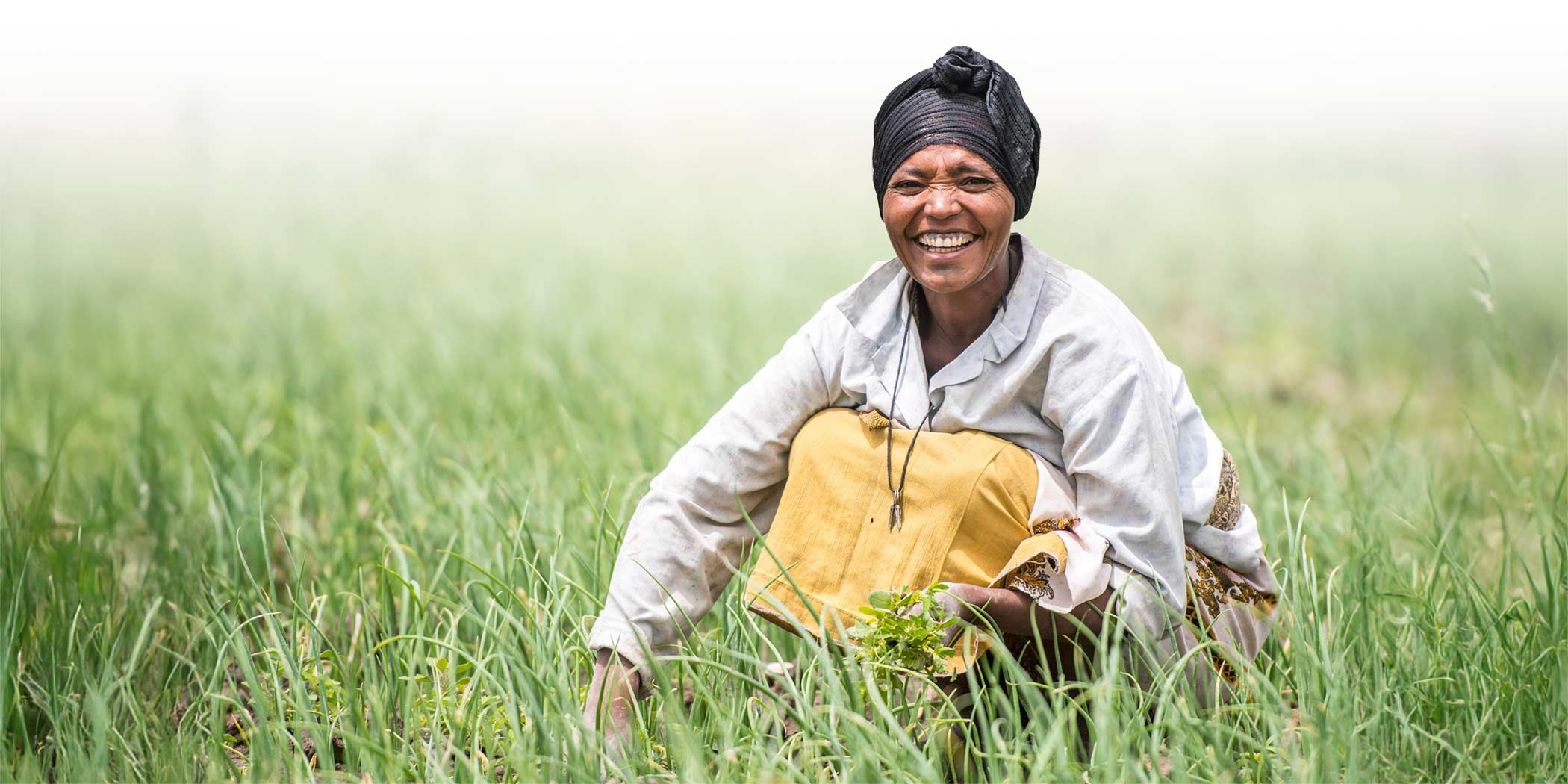
The Fertilizer Sector Improvement project (FSI+) sought to increase and enhance food security for smallholder farmers in target districts in Myanmar. The project was funded by the U.S. Agency for International Development. FSI began in March 2014 as a three-year project. In May 2015, it was expanded and extended to a five-year project known as FSI+ (2014-2019). FSI+ led the way for USAID interventions in the agricultural sector of Myanmar.

Cumulative Highlights
- Trained over 13,000 farmers, more than one-third of whom were given refresher courses.
- Reached another 5,000 farmers through field days and organized visits to model farms.
- Encouraged trained farmers to share information with their neighbors, of whom an estimated minimum of 17%, or 2,500, adopted improved technologies.
- Trained 345 agro-input retailers who in turn educated and encouraged their clients in modern inputs and good practices. At least 25%, or over 50,000 farmer customers, have adopted improved technologies as a result.
Promoting the Application of Balanced Fertilizer
The project promoted the application of balanced fertilizer with Urea Deep Placement (UDP). FSI+ introduced scores of on-farm trials and field demonstrations for UDP and other technologies related to improving soil fertility management.
Building Strong, Resilient Food and Agriculture Systems
As implemented by IFDC, the project contributed to building a strong and resilient food and agriculture system that can have a transformational effect on people’s lives. It achieved that by improving incomes equitably and by enhancing food security for small-scale farmers in target districts of the Delta and Shan regions. The approach focused on increasing production and income from crops in rice-based farming systems and on building the capacity of agricultural input and other service providers to supply and advise farmers. The guiding mantra was to harness the power of science, technology, innovation, and markets to improve food and agricultural system practices dramatically and sustainably. Such advances were tailored to promote more inclusive income growth for empowered small-scale farmers so they can benefit from the country’s economic progress.

